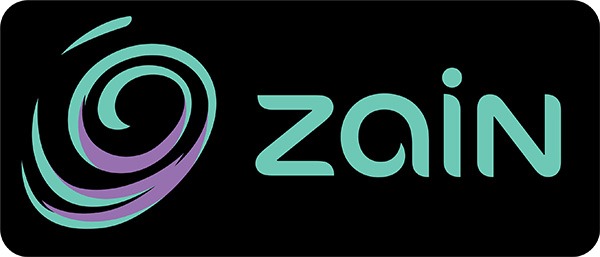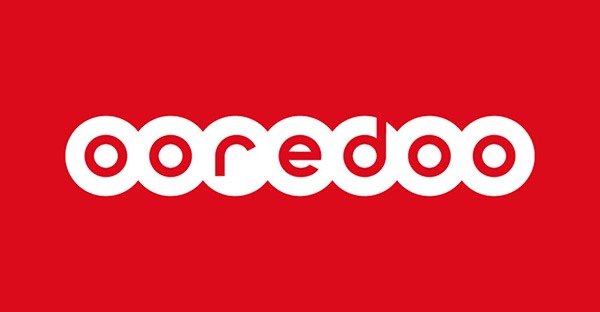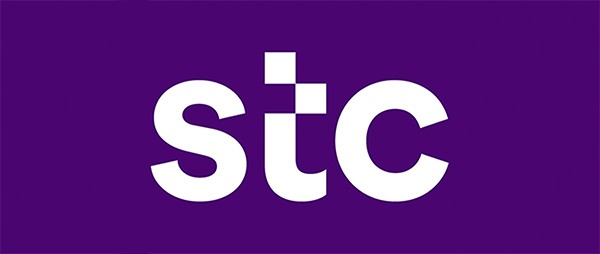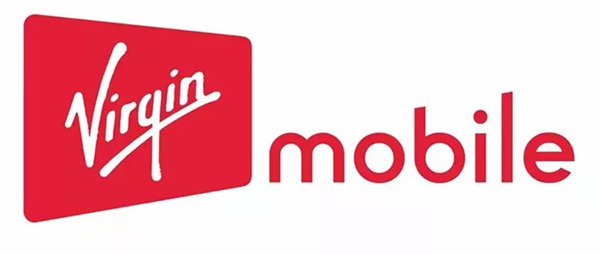PUBLISHED IN COOPERATION WITH
Over a decade after a longstanding duopoly in Kuwait’s telecoms market was broken, the sector has become highly saturated, with a handful of players competing for dominance. In such markets, newcomers and even long-established companies need to come up with innovations and new incentives to improve their market share, which is exactly what is happening in Kuwait: the mobile phone operators are quickly rolling out one incentive package after another to maintain their place.
All this is obviously to the advantage of subscribers who are enjoying the latest telecom technologies in return for a competitive fee. With the widespread availability of double-sim smartphones, most Kuwaitis are now subscribed to more than one carrier, which gives them a higher freedom of choice. One can use the best packages offered by each operator from one month to another. This is making the competition even fiercer. Below is a list of the main market players and their strategies to raise their market share.
Zain: The oldest mobile operator in Kuwait, Zain, has accumulated over 3.5 million active subscribers in Kuwait, which makes it the market leader. Zain, which was once a traditional service provider has gone through a phase of transformation, re-emerging as a pioneering operator quick to embrace new technologies. The company recently launched its nationwide voice over 5G (Vo5g) coverage — a new technology that draws on 5G networks to offer HD voice services.
Even after the breaking of the sector’s duopoly, Zain has been successful in maintaining its market share. This has translated into a reasonable margin of profit. In the first nine months of 2022, Zain reported a consolidated revenue of US$4.2 billion, indicating a 12 percent increase in its profit YoY.
Ooredoo: Formerly known as Wataniya, Ooredoo has been around since the turn of the millennium. This Qatar-based company operates in several countries across the region, though Kuwait remains among its main markets, where Ooredoo serves some 2.5 million subscribers. The company recently announced strong performance records for 1H2022. Ooredoo’s consolidated revenue for the said period was over US$1.2 billion, marking a 4 percent YoY increase.
In terms of technology, the company has been betting on cloud services. In 2022, Ooredoo was the first operator to obtain a license for cloud-based services from Kuwait’s telecoms regulatory authority, CITRA. Ooredoo has hinted that it will use this license to roll out new services in 2023.
stc Kuwait: Kuwait Telecommunications Company (stc) has been in the sector since 2008, running its own GSM infrastructure. Formerly known as Viva, stc was in fact the carrier that broke the mobile phone market’s duopoly with its arrival. The company states that it owns the largest 5G network in the country, which serves its 2 million users. In 2021, stc was the first Kuwaiti mobile operator to launch standalone 5G (SA 5G) services, meaning that its service runs purely on the 5G bandwidth, without any reliance on legacy networks such as 4G LTE.
Also in 2021, stc partnered up with an international telecoms company, Virgin Mobile, to bring a new generation of mobile operators to Kuwait. stc Kuwait CEO Maziad Alharbi, attended a press conference along with the CEO of Virgin Mobile Kuwait and dignitaries from the Ministry of Communications and Information Technology. During the press conference, Alharbi explained that “In line with our commitment to assist in the development of the Kuwaiti economy, we are proud to partner with a prominent global brand to engage in a new market layer within the local telecom sector.” He was referring to the MVNO framework that Virgin Mobile Kuwait was about to use.
Virgin Mobile: Virgin is one of the latest operators to enter the country’s telecoms market and the first mobile virtual network operator (MVNO). This means that Virgin Mobile Kuwait does not have to maintain a separate infrastructure. Instead, the company will share the existing hardware and base transceiver stations (BTSs) with other carriers — specifically STC. Despite the market’s saturation, Virgin has reported healthy sales, which is indicative of the Kuwaitis’ openness to try new service providers as long as they have something new to offer. As it happens, Virgin has a number of new offerings, one of which stands out: free streaming service memberships for those who use the carrier’s data plans. This bonus has made Virgin more popular among the younger generations.
Regulatory system: Despite all this competition, the telecoms market is not left to its own devices. The country’s telecoms regulatory authority, CITRA, was launched in 2014 to oversee the sector and intervene whenever an intervention was due. CITRA’s mission is mainly to ensure the market’s sustainability for both the operators and subscribers as well as fair competition among the market players. Furthermore, CITRA intends to “protect the interests of users and service providers and regulate the services of telecommunication networks in the country, while ensuring transparency, equality of opportunity and fair competition,” according to the regulatory authority.






















